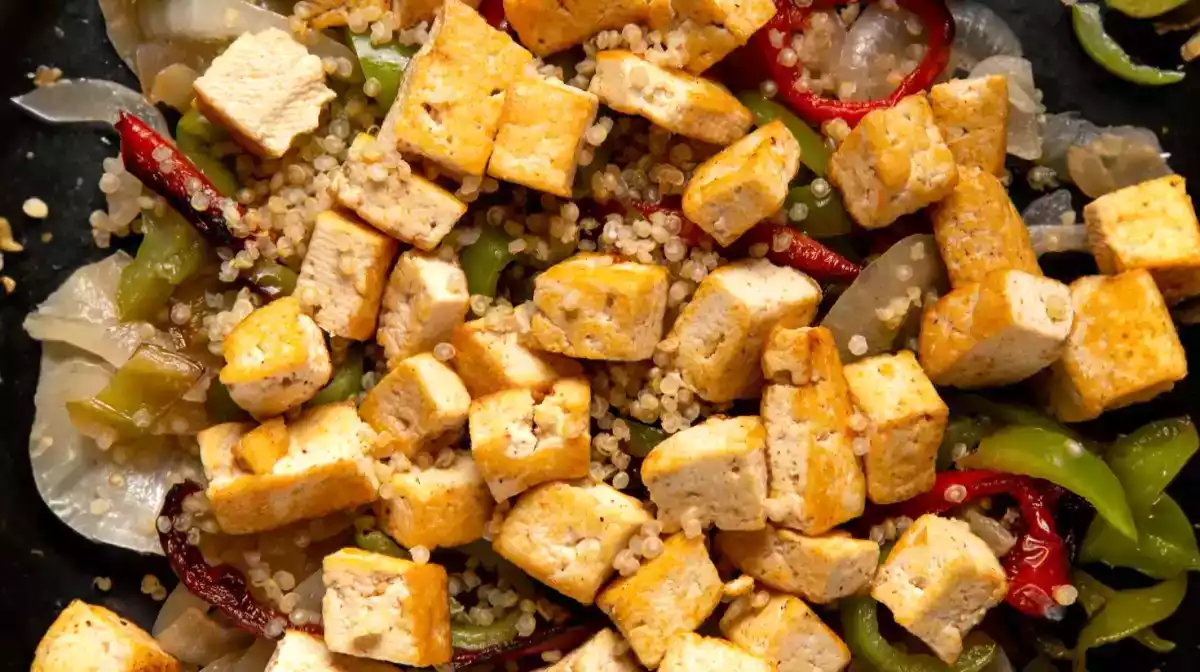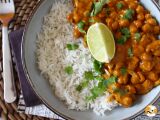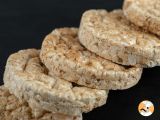Meat substitutes: a good idea... as long as you read the labels!

Perhaps you've already swapped a steak for a veggie patty or a chicken-free nugget?
With the rise of vegetarianism, flexitarianism and ecological concerns, plant-based alternatives to meat are multiplying. Veggie" burgers, soy steaks, "beef-style" or "chicken-style" meatballs, pea-based nuggets... the shelves are full of options.
But beware: not all meat substitutes are created equal. And some can even be problematic if you don't take a closer look...
What we often leave out: the ingredient list
Some ultra-processed plant products contain :
- All kinds of additives (texturizers, flavourings, taste enhancers)
- Isolated, ultra-refined proteins (often soy or pea)
- Hydrogenated or modified oils for added softness
- And a long list of ingredients that would be difficult to cook at home.
The result: if the product doesn't contain meat, it can still be highly processed, even low in fiber and high in salt or saturated fats.
According to a study published in Nutrients (2019), many industrial substitutes have a lower nutritional profile than unprocessed lean meat - particularly in terms of salt content and additives.
Too processed to be good?
These ultra-processed vegetable products fall into the category of "UPF" (ultra-processed foods). Several studies have established a link between excessive UPF consumption and :
- an increased risk of cardiovascular disease
- weight gain
- an imbalance in intestinal microbiota.
In short: just because a food is "meat-free" doesn't automatically make it healthy!
And what about proteins?
Not necessarily. Some plant products are very rich in protein... but others contain very little quality protein, or an incomplete amino acid profile. In other words, they are less calming, and don't always provide the right nutrients that the body expects from a meat "equivalent".
Products based on complete legumes such as tofu, tempeh, lentils and chickpeas are often more interesting than those based on isolated "textured proteins".
The alternative? Better homemade (or real plant-based)
If you want to eat less meat, the best thing to do is :
- cook dishes based on legumes, wholegrain cereals, vegetables and oilseeds
- opt for tofu, tempeh, artisanal seitan, eggs or cheeses if you eat them
- or make your own lentil steaks, falafels, chickpea patties or homemade dumplings. Simple, inexpensive and much healthier.
A good coral lentil dal, a chickpea-spinach pan or a tofu curry... it's a thousand times more natural than a "flavour-enriched veggie nugget".
In short: plant-based doesn't mean magic
Yes, eating less meat is a good idea - for the planet, for your health, for variety.
But "meat-style" industrial vegetable products are not always a good daily option. They may help you out, but they shouldn't become an automatic reflex.
Focus instead on raw vegetables, legumes, homemade products, spices, herbs... and you'll see: you won't even think about meat anymore.
Sources :
Nutrients, 2019 - "Nutritional Quality of Plant-Based Meat Products Compared to Animal-Based Counterparts"
BMJ, 2019 - "Consumption of ultra-processed foods and health outcomes: a systematic review"
Monteiro C. et al - Public Health Nutrition, 2018 - "Ultra-processed products and health: a new classification"
You may be interested in:
 Adèle Peyches
Adèle Peyches

Comments